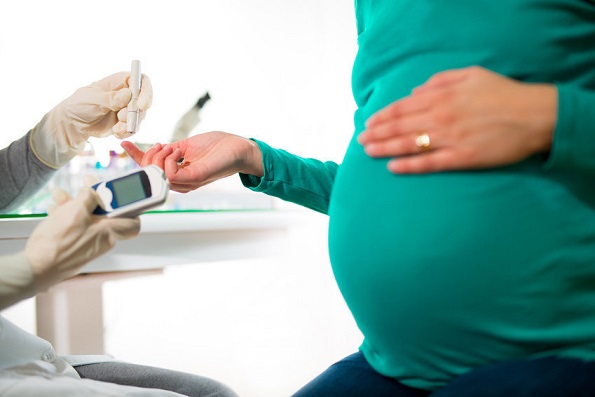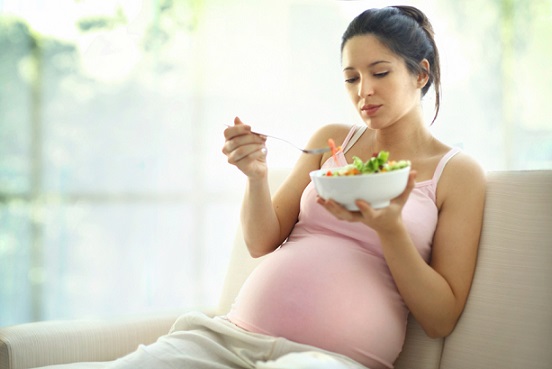Tackling diabetes amongst pregnant women
Diabetes Mellitus is a chronic metabolic disorder caused due to either insulin deficiency or decreased sensitivity to action of insulin.

New Delhi: Diabetes Mellitus is a chronic metabolic disorder caused due to either insulin deficiency or decreased sensitivity to action of insulin.
In pregnancy, this condition exists in a few varieties; (1) a known diabetic woman becomes pregnant (2) a woman who has a history of pre-diabetes becomes diabetic during pregnancy and (3) Gestational Diabetes Mellitus(GDM), when woman becomes diabetic during pregnancy and after the pregnancy is over, her diabetes disappears.
When this compensation is inadequate, gestational diabetes develops. Ideally, all women should be screened for diabetes during 24-28 weeks of gestation. However, it is best to screen once during all trimesters.

Woman at risk of GDM are:
1. Positive family history of Diabetes- parents, siblings, immediate aunts and uncles, grandparents
2. Previous history of being an overweight baby (over 4kgs above the average)
3. Previous history of repeated pregnancy loss or still birth
4. Obesity
5. Being over 30 years of age, while attempting to get pregnant
6. Frequent Candida infections
7. Polyhydramnios- Accumulation of amniotic fluid that surrounds the baby in the uterus
Also Read |
Counseling for pregnant women gets personalized
"Pregnancy worsens diabetes. Vascular changes like retinopathy, nephropathy and coronary artery disease worsens during pregnancy. During pregnancy, it increases risk of abortion, preterm labor, Urinary Tract Infection (UTI) and vaginal candidiasis. There is also a high risk of Preeclampsia (high Blood Pressure during pregnancy) and a high chance of delivering a big baby," added Dr. Anil Bhoraskar.

Nutrient intake plays a significant role in the health-related outcomes of all pregnant women. It is noted that calorie restrictions will help glucose control, but too severe a restriction is undesirable.
"Carbohydrate intake should be limited to 35-45 percent of total calories. Self-monitoring of blood glucose, particularly post meal monitoring, is recommended. Insulin is recommended when women are unable to achieve the target glycemic goals or show signs of excessive fetal growth (baby becoming large)," said Dr. Alka Kumar, Consultant Obstetrician & Gynecologist, S.L. Raheja Hospital.
• Overfeeding- too much of rich food, laden with harmful fats must be avoided
Also Read |
Health: Study reveals pregnancy reprograms breast cells, reducing cancer risk
• Milk, green leafy vegetables, fruits, nuts, iron-containing foods and at least 2 tsp. of homemade ghee should be consumed regularly
• Avoid chivada, bhajiyas,sev, vadasgathiyas and sweets

• Reasonable physical activities such as careful walking or yogic exercises can be taken under supervision if permitted by the obstetrician (ANI)
 Dynamite News
Dynamite News 